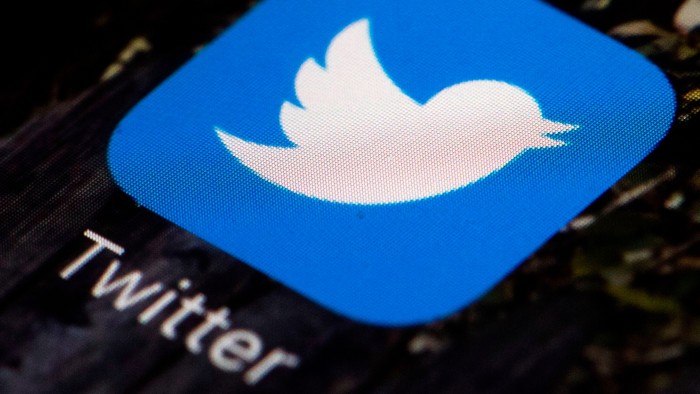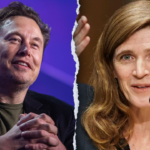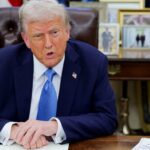Unlock the Editor’s Digest for free
Roula Khalaf, Editor of the FT, selects her favourite stories in this weekly newsletter.
Wall Street banks saddled with debt from Elon Musk’s $44bn takeover of Twitter sold large chunks of the loan package to investors on Wednesday, allowing a clutch of lenders to exit one of the toughest acquisition financings in recent years.
The banks were able to sell $5.5bn of term loans, following a sale of roughly $1bn of the same debt last week, helped by booming investor interest in the assets, according to people briefed on the matter. The debt sold on Wednesday was offloaded with just a small discount, selling at 97 cents on the dollar.
The transaction was a pivotal moment for the banks, which had to fund Musk’s 2022 takeover themselves after his ownership of the business, now renamed X, and broader market volatility damped enthusiasm for the debt.
Banks, led by Morgan Stanley, Bank of America and Barclays, are now left holding a further $6bn of debt tied to the acquisition, which is considered even riskier than the loans they sold over the past week. MUFG, BNP Paribas, Mizuho and Société Générale had also participated in the deal.
BofA, Morgan Stanley, Barclays, BNP Paribas and SocGen declined to comment, while the two other banks did not respond to requests for comment.
The debt sales over the past two weeks have attracted a broad list of high-profile groups, including Citadel, Apollo Global Management, Pimco and Diameter Capital. The groups declined to comment.
Investor appetite in the Twitter debt was bolstered by Musk’s relationship with US President Donald Trump as well as the return of some of the advertisers who had previously pulled back from the site, people familiar with the deal said. That has proved to be a saving grace for the banks that stepped up to finance the transaction, given some hedge funds had offered Morgan Stanley and others just 60 cents on the dollar in 2023 to take the debt off their hands.
One money manager who passed on the deal added that it was a good time for the banks to sell, pointing to “Elon’s cache. He is an FOP, a friend of the president.”
The transaction comes as Musk has battled to restore X to financial health after advertisers fled the platform over concerns about its hands-off approach to moderation and brand safety risks.
However, the company has seen an uptick in new business and partnerships this year in the wake of Musk increasingly solidifying power in Trump’s administration. Amazon has boosted marketing spending in January, Sensor Tower data shows, after previously cutting spend when advertisers were pulling back.







